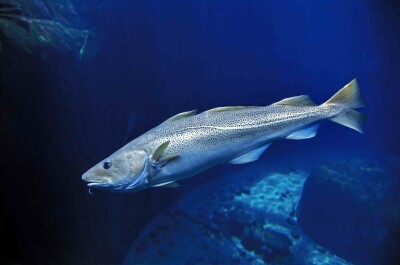Rising global temperatures combined with an especially powerful El Niño are causing one of the biggest coral reef die-off events ever recorded.
The researchers, who are monitoring and forecasting offsite linkthe loss of corals from disease and heat stress due to record ocean temperatures, report that the global coral bleaching event that started in 2014 could extend well into 2017.
Approximately 500 million people worldwide depend upon reefs for food and to protect coastlines from storms and erosion. Coral reefs provide habitat, spawning and nursery grounds for economically important fish species; provide fishing, recreation, and tourism jobs and income to local economies; are a source of new medicines, and are hotspots of marine biodiversity. Reefs contribute approximately $29.8 billion to world economies each year. In the United States, NOAA Fisheries estimates the commercial value of U.S. fisheries from coral reefs is more than $100 million.
“We are currently experiencing the longest global coral bleaching event ever observed,” said Mark Eakin, NOAA’s Coral Reef Watch coordinator. “We may be looking at a 2- to 21Ž2-year-long event. Some areas have already seen bleaching two years in a row.”
Read the full story at Canada Journal >>
Read more about El Niño >>






